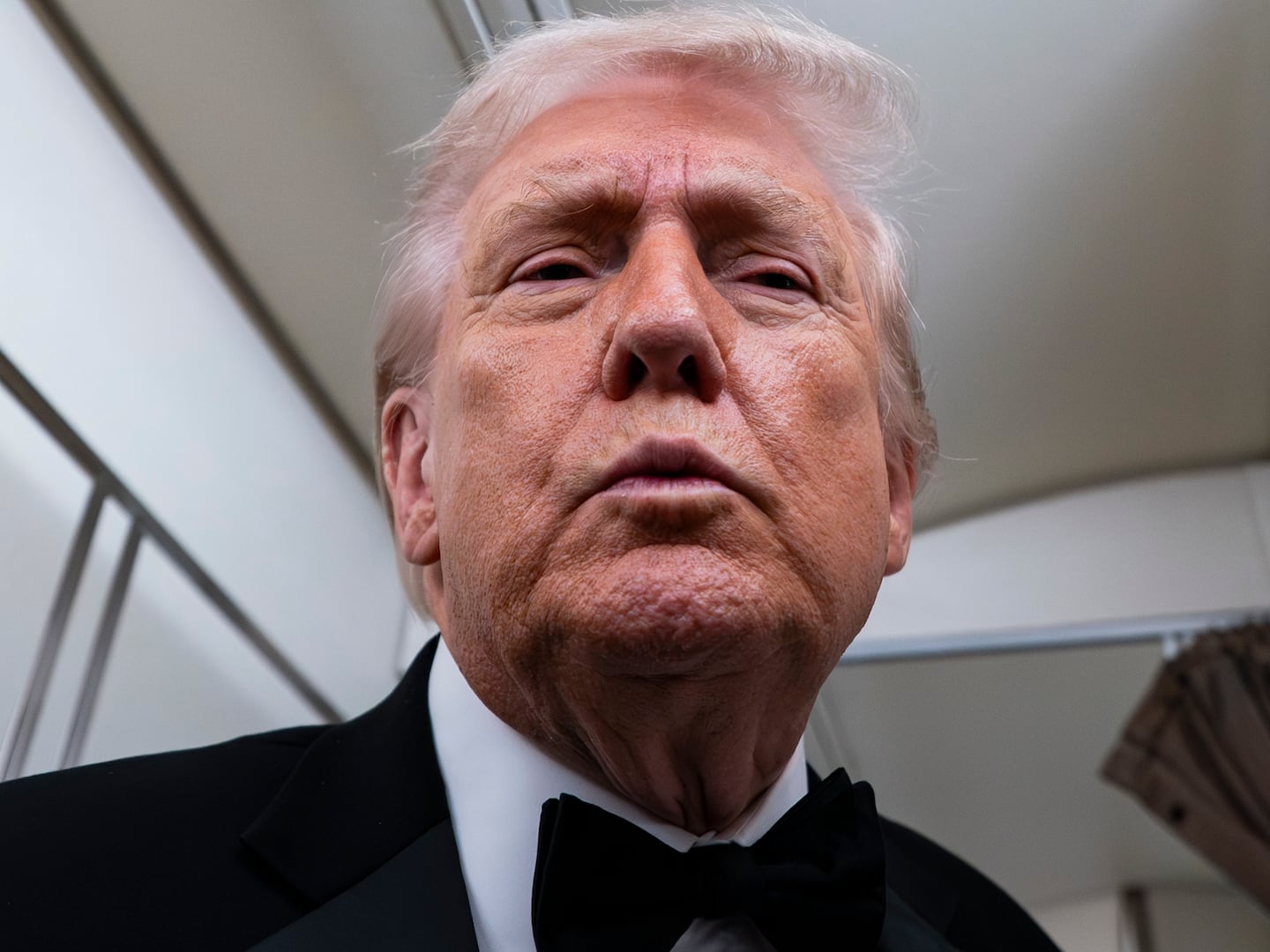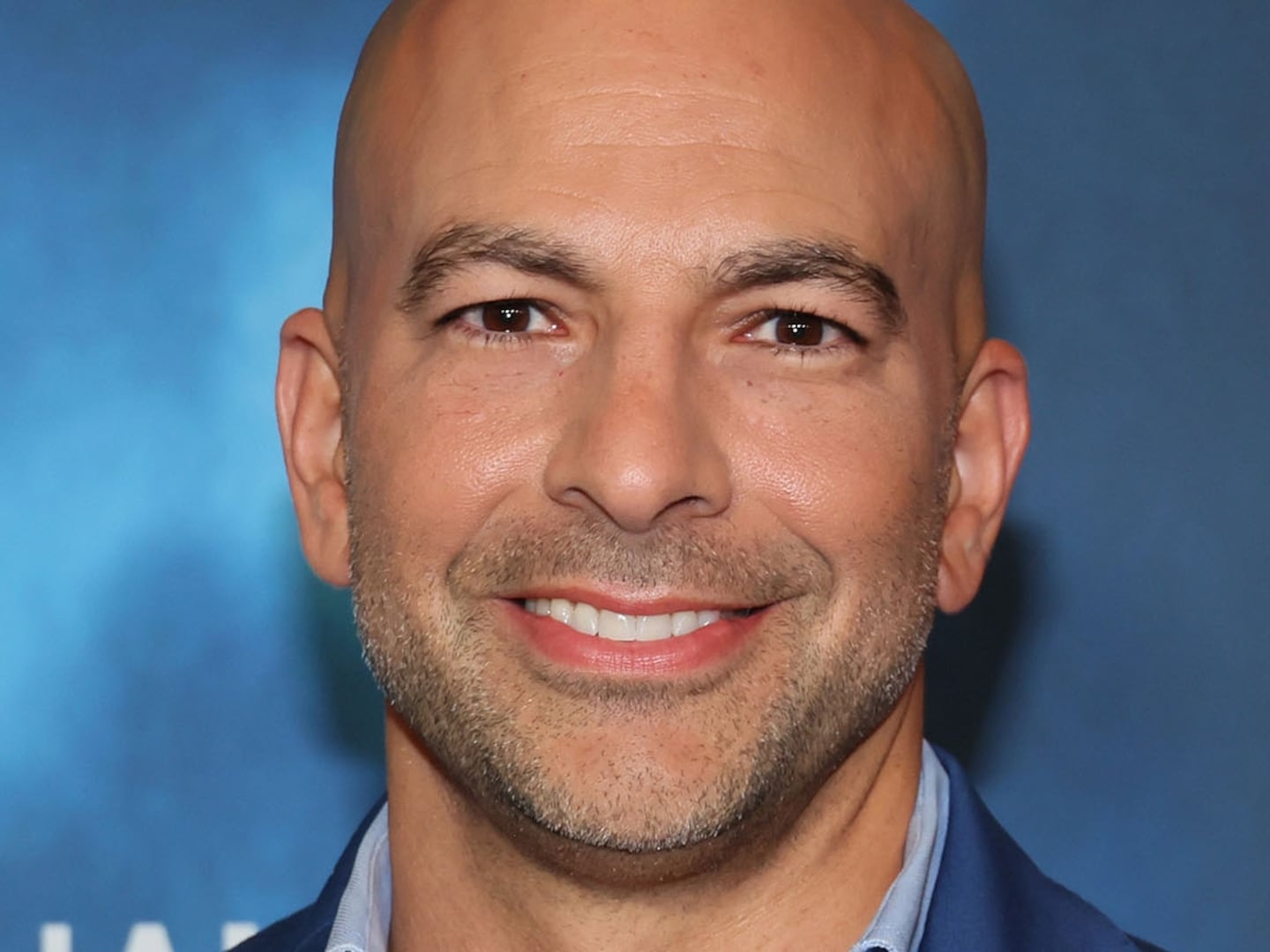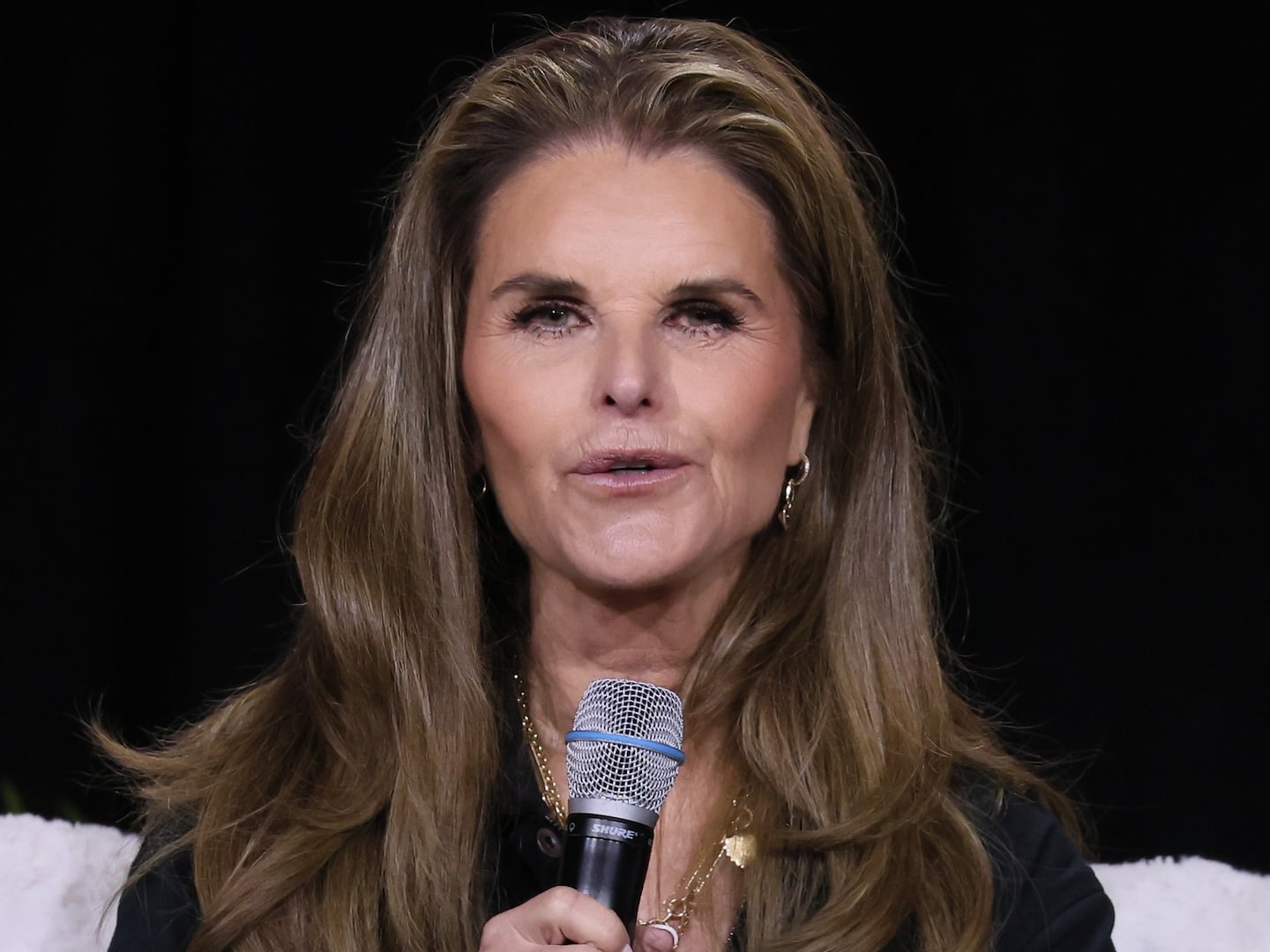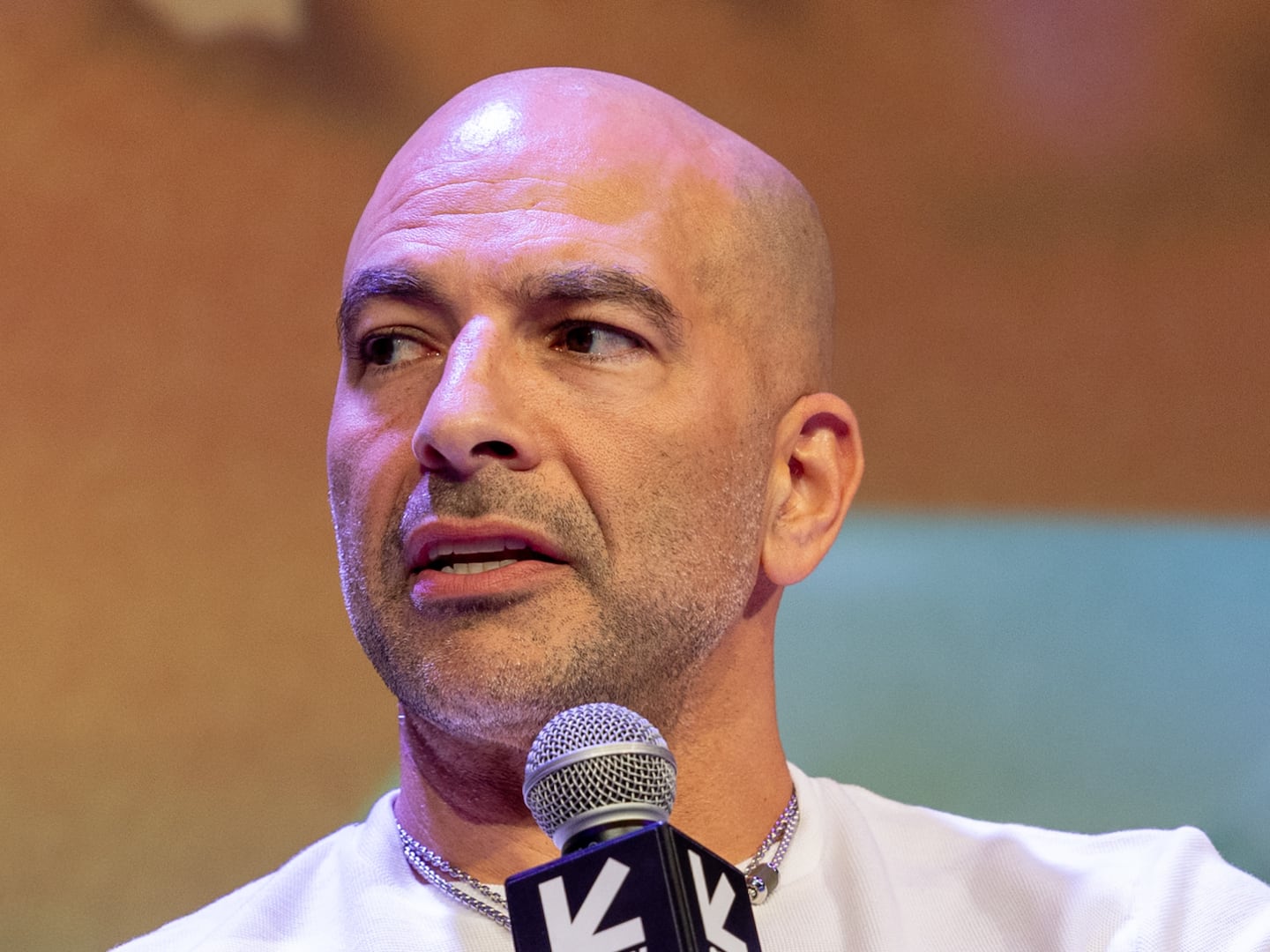In my youth, I noticed an odd dynamic in my extended family. My Sephardi grandmother, born in Alexandria, Egypt, often denounced “the Arabs,” a group toward which she felt a kind of intimate hostility. When I said something about the Middle East that she deemed naive, she’d insist that if I understood Arabic, as she did, I too would understand the capricious, treacherous Arab mind.Some of my Ashkenazi relatives shared similar stereotypes, but with one noteworthy difference: When they talked about Arabs, they included my grandmother and her Sephardi relatives in the definition. I remember one Shabbat dinner, many years ago, during which my grandmother lustily denounced Yasser Arafat. An Ashkenazi relative leaned across the table to me and whispered, “She is Arafat.”All this came flooding back when I noticed this weekend’s comments by Israeli interior minister Eli Yishai about the Eritrean and Sudanese migrants whose presence has sparked such ugliness in Israel in recent weeks. “Most of those people arriving here are Muslims who think the country doesn't belong to us, the white man," Yishai told the Israeli newspaper Maariv.
“Us, the white man.” Here’s a photograph of Eli Yishai, whose parents immigrated to Israel from Tunisia:

A little more Barack Obama than Mitt Romney, wouldn’t you say?
Yishai’s comments illustrate the awful paradox of contemporary Sephardi (or more accurately, Mizrahi) identity. As in my own family, Jews from Arab lands were long seen by their haughty Ashkenazi cousins as, well, Arabs. Intra-Jewish bigotry has certainly declined since Israel’s early years, when David Ben Gurion said that Israel’s Mizrahi immigrants had “no Jewish education.” But it persists. A Mizrahi friend who speaks Hebrew with the guttural pronunciation indigenous to the Middle East recently told me that he is routinely hassled at Ben Gurion airport because his Hebrew sounds too much like Arabic. In her fascinating book, We Look Like the Enemy, Rachel Shabi tells of swarthy Mizrahi Jews who in order to avoid being mistaken for Palestinians by the Israeli police begin wearing kippot or Jewish stars.
And historically, Israel’s Mizrahi Jews haven’t just been deemed Arabs. They’ve been deemed black. In Israel’s early years, Shabi notes, Yiddish-speaking Ashkenazi Jews sometimes called their Mizrahi counterparts “Schwarz.” In 1971, a group of radical Mizrahi activists even appropriated the term, calling themselves the “Black Panthers.”
Now along comes Yishai, the leader of Shas--a party born to give voice to the very Mizrahi Jews long considered black--to declare that Israel must expel its African migrants because Israel is for “us, the white man.” (As you might imagine given the gendered language, Yishai doesn’t have particularly enlightened ideas about women either).
This is the same Eli Yishai who in 2010 denounced a lawsuit by Mizrahi Jews protesting their school’s decision to segregate Mizrahi girls from their Askhenazi classmates. The lawsuit, Yishai feared, would upset the Ashkenazi ultra-Orthodox leadership that Shas’s rabbis mimic. Partly out of disgust, a rebel Shas parliamentarian, Haim Amsalem, last year launched a new Mizrahi political party aimed at fighting discrimination and promoting a “unifying and tolerant Jewish approach” to social divides. Amsalem, an Israeli hero almost unknown among American Jews, represents a radically different Mizrahi spirit, freed from both hatred and self-hatred. His party is called Am Shalem (Whole Nation). Whole nation: black, white, Arab, Jew and yes, Arab Jew as well.






